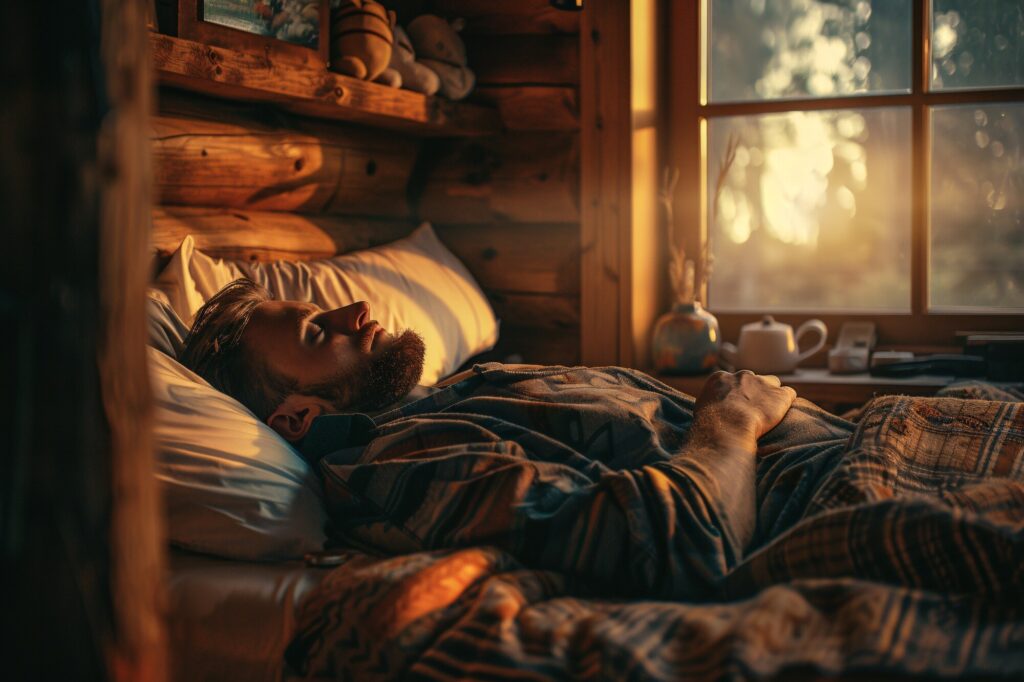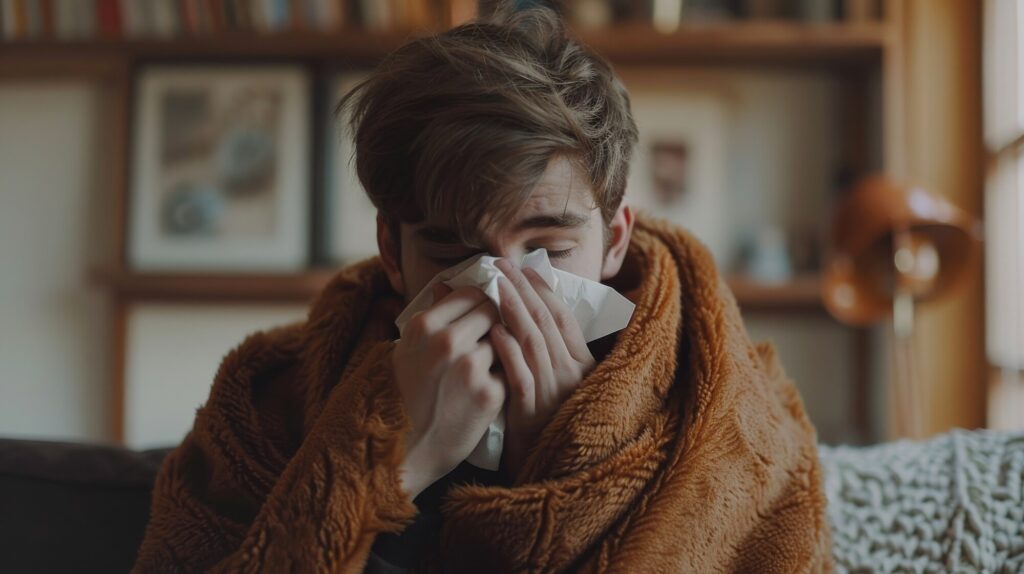The Hidden Downsides of Sleeping With a Fan
On the surface, it seems harmless — a gentle whir in the corner, a steady breeze brushing your skin as you drift into slumber. But what if that comforting airflow is quietly undermining your health?
Every night, countless sleepers unknowingly invite issues into their bedrooms — problems that can dry out airways, aggravate allergies, stiffen muscles, and even interrupt deep sleep.
These subtle effects are easy to dismiss as random discomforts, but the culprit might just be the fan you trust to keep you cool.

We’ve all been there: the bedroom feels stifling, the air heavy, and you’re tossing and turning in search of relief. A fan seems like the obvious answer — instant comfort at the flick of a switch. Yet, while it can provide a short-term cooling sensation, there are hidden costs that many overlook.
In fact, cooler room temperatures — ideally between 65°F and 68°F (and as low as 60°F for some) — are far better for deep, restorative sleep than a constant breeze. Here’s why depending on a fan all night might not be the best idea, and what you can do instead.
Why Sleeping With a Fan Might Be a Bad Idea
1. Aggravated Allergies

Fans don’t just move air — they also push around dust, pollen, pet dander, and other allergens that settle on surfaces. Once airborne, these particles head straight toward you, potentially triggering sneezing, congestion, and watery eyes. Even with regular cleaning, allergy-prone individuals may notice flare-ups.
2. Dry Sinuses and Throat

Continuous airflow can strip moisture from your nasal passages, mouth, and throat, leading to dryness and irritation. The body may respond by producing excess mucus, which can cause headaches or congestion. For those with colds or allergies, the effect can be even more pronounced.
3. Muscle Tension

That refreshing stream of air might feel pleasant at first, but over hours, it can cause muscles — especially in your neck and shoulders — to tighten up. Waking with stiffness or soreness is a common sign. Redirecting the fan so it circulates air instead of blowing directly on you can help.
4. Skin and Eye Dryness

The moving air speeds up moisture evaporation, leaving skin flaky and eyes irritated. People with sensitive skin, eczema, or contact lenses are particularly vulnerable to discomfort from prolonged fan use.
5. Stuffy Nose and Congestion
Ironically, while fans dry out airways, they can also lead to more mucus production as your body tries to compensate. This can result in nighttime congestion, headaches, and even louder snoring.

6. Noise Sensitivity
Some people rely on white noise to fall asleep, but for others, the steady hum of a fan is disruptive. Light sleepers may find that it interferes with deeper stages of rest, leaving them feeling less refreshed.
7. Subtle Sleep Disturbances

Even without realizing it, the sensation of air moving across your skin can cause brief awakenings during the night. These micro-disruptions can add up, reducing overall sleep quality.
8. Limited Cooling Power
It’s important to remember that fans don’t lower room temperature — they simply move air around. In extreme heat, this means they’re just recirculating warm air, providing only temporary comfort without actually cooling your core body temperature.
Cooler Sleep Without the Fan
If you’re looking for a healthier way to stay comfortable at night, try:
Lightweight, breathable bedding made from cotton or linen
A short warm shower before bed to trigger natural cooling afterward
Staying well-hydrated throughout the day
Blackout curtains to block sunlight and keep your room cooler
Cooling mattress pads or toppers that regulate temperature
Bottom Line
While a fan can seem like the perfect nighttime companion in warm weather, its side effects — from allergy aggravation to skin dryness — can subtly chip away at your comfort and health. By exploring alternative cooling methods, you can enjoy a restful night’s sleep in a cool, comfortable environment without the unintended drawbacks.
